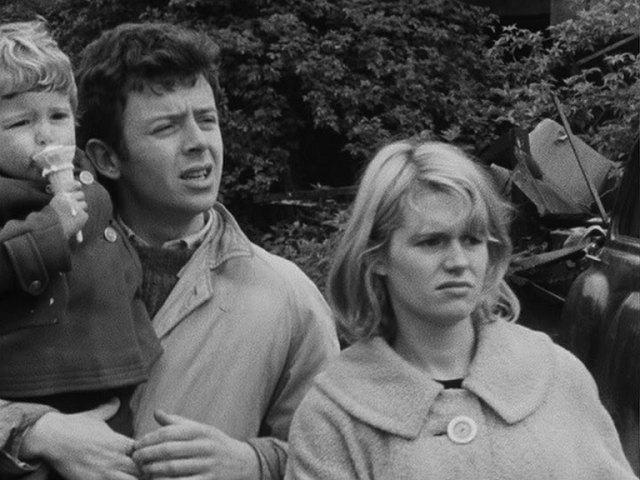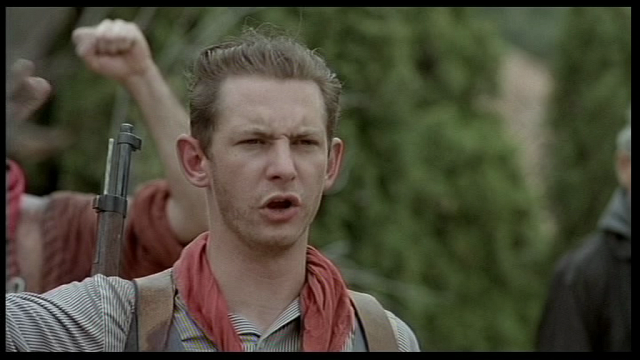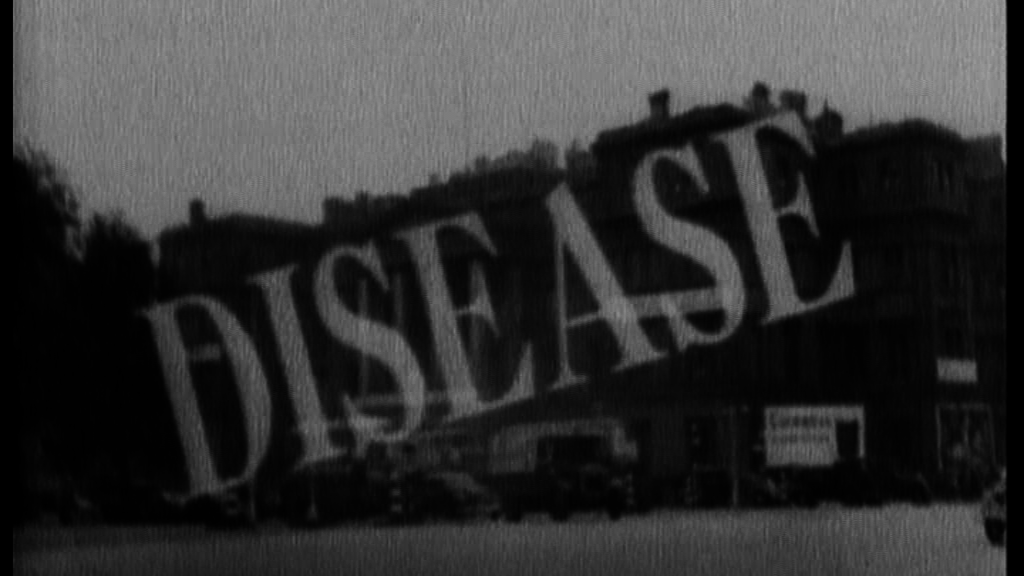
2016 marked the 50th anniversary of Ken Loach’s BBC drama Cathy Come Home (1966). Its innovative mix of documentary and fiction had enormous social impact and helped to create awareness on homelessness in Britain, using a medium which had rarely seen before such a controversial matter brought to its audience. In turn, the upheaval it caused led to government debate and the creation of the charity Shelter. At an early stage of Loach’s career, the play transcended the realm of entertainment and already showcased most of the qualities his films are renowned for.
The director is considered the pre-eminent contemporary representative of a long standing British tradition of social realism in cinema, which has its roots in the documentary film movement of the 1930s and 1940s, led by John Grierson, and the wartime work of Humphrey Jennings.

Loach’s career has also been hailed for its humanism. His filmography’s recurrent theme is how working-class people are let down by those institutions that are supposed to help them, such as the education system in Kes (1969); the social services in Ladybird, Ladybird (1994) or the benefits system in I, Daniel Blake (2016). Loach usually balances harsh dramatic stories with a great deal of compassion, warmth and sense of humour.
Another way to approach his work is through politics – as it boldly looks at the flaws in the capitalist system. Often criticized for his fierce Marxist/anti-Stalinist ideals, matching those of his regular writing collaborators: Barry Hines; Jim Allen and – from Carla’s Song (1996) onwards- Paul Laverty, these political inclinations have ignited a number of polemics through the years.
Realism, humanism and politics have been the most common perspectives through which his body of work has been analyzed, but perhaps the best definition about it was given in an interview with Icíar Bollaín. The Spanish actor and director, who played the role of Maite in Land and Freedom, wrote a diary about the filming process of Carla’s Song named Un Observador Solidario (1996). Bollaín concluded her book asking the director what was the point of view from where things were told in his films and the reason why. Loach replied he preferred doing it from a single point of view, from a unique angle, so the film becomes an observation. “It is rather that idea of someone who observes from the corner of the room. You are simply an observer, an observer with solidarity.”
Solidarity has been a defining value for some political movements of the left. A notable example occurred in 1980, when Polish workers named their union, Solidarność, after it. The basic concept of solidarity is a form of social unity (as of a collective also known as solidary) that binds members together, based on interests, objectives, standards, and sympathies. It entails positive moral obligations, mediating between the community and the individual, and demonstrates the potential for social change and the hope for a better world.

Looking back at Loach’s filmography, solidarity appears as its most distinctive value. A common link that gels realist, humanist and political dimensions together and manifests itself at many different levels: the election of the subject; his filmmaking style; the depiction of acts of solidarity between his characters and the intention to debate the issues examined by his films beyond the cinema.
In my dissertation, I intended to explore the ideas of solidarity at the core of Ken Loach’s work, using Sally J. Scholz’s book Political Solidarity (2008) as a framework. The American writer provides a taxonomy of the concept, finding three different types: civic, political and social, which often overlap between each other. Social solidarity marks the bonds of a community united by some shared characteristic and the moral responsibility of the individual member towards the collective; political solidarity indicates some sort of activism aimed at social change, and civic solidarity is found in the obligations of civil society to protect citizens against vulnerabilities through the provision of welfare.
This exploration of solidarity in Loach’s career is pursued through the case studies of three of his films; each one from the perspective of one of Scholz’s types. I have chosen The Spirit Of ‘45 and its reflections about the creation and ongoing dismantling of the British Welfare State to focus on civic solidarity, as well as taking a look at the formal development of his filmmaking style and the role documentary and fiction have played in it. Land and Freedom, a tale of popular revolt against fascism and the betrayal of the revolutionary cause by forces within the left, will be used to explore political solidarity against the backdrop of a war conflict. This film, perhaps Loach’s most ambitious production, also provides a good chance to look at his methods and techniques.
Finally, I analyze his most recent work, I, Daniel Blake, with its exposé of the effects that British austerity policies have on the most vulnerable members of society, as an example of social solidarity. I will look at the influence of naturalism and hybrid narratives on his work, as well as analyze the innovative marketing campaign behind its release, which successfully managed to take the film’s issues beyond the screen into the realm of political discourse.
You can read the whole dissertation here.
